The Day They ‘Ordered’ Morality
There is a date seldom mentioned in history books, yet it reveals the social face of Hungary: October 16, 1906. Exactly 119 years ago, the first national regulation legalising and controlling prostitution came into effect. The objective was not to protect women but to “maintain order.” The focus was not on healing social issues—it was purely on administration.
Turn-of-the-century Budapest lived a double life: by day, it was a city of bourgeois morals; by night, it existed in the shadows of brothels and “women of pleasure.” The sharpest point of this regulation was the gender inequality: men’s names were never entered into police registers, but women’s were.
The logic of the law dictated that male desire was natural, while the female body needed to be strictly regulated. Thus, the law served power structures, not balance, creating the Hungarian “red-light order.” The legal and social status of women deteriorated further as the stigma became official.
Today, more than a century later, the same question echoes in the online world, at the intersection of technology and human exploitation: Where does freedom end, and exploitation begin?
The full story of the 1906 “Pleasure Law,” and the clash between taboos and legislation, is available in the first comment.
#History #Hungary #Budapest #Prostitution #1906 #SocialHistory #WomensRights #Morality #RedLightDistrict #Legislation #continentsurfer
Want to know more?
Comment
